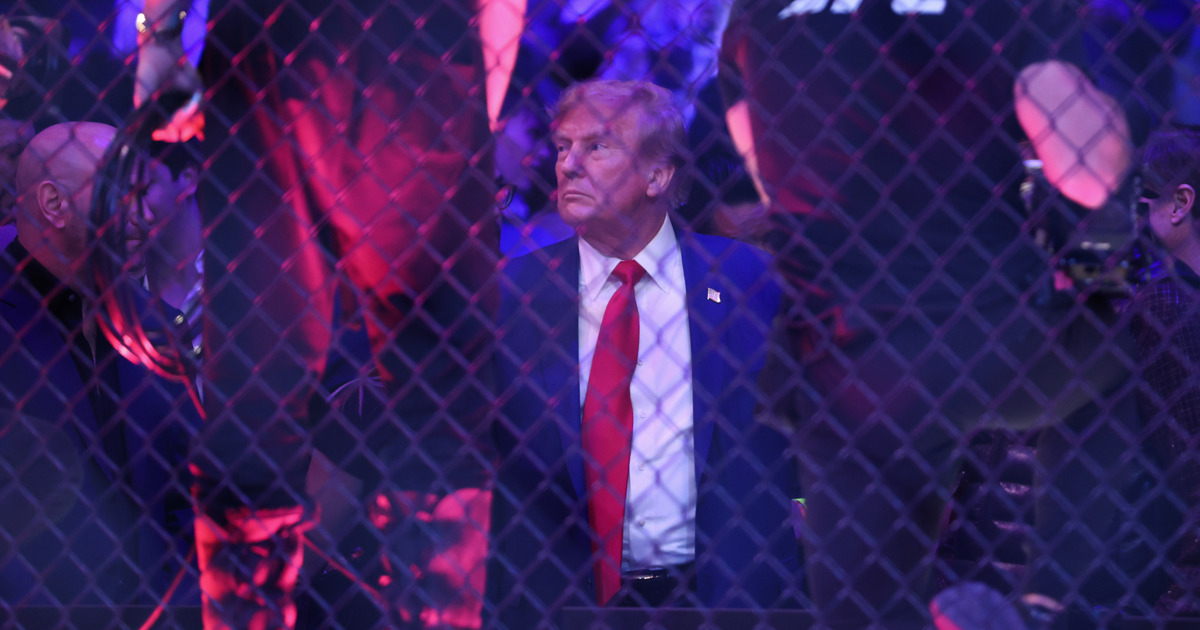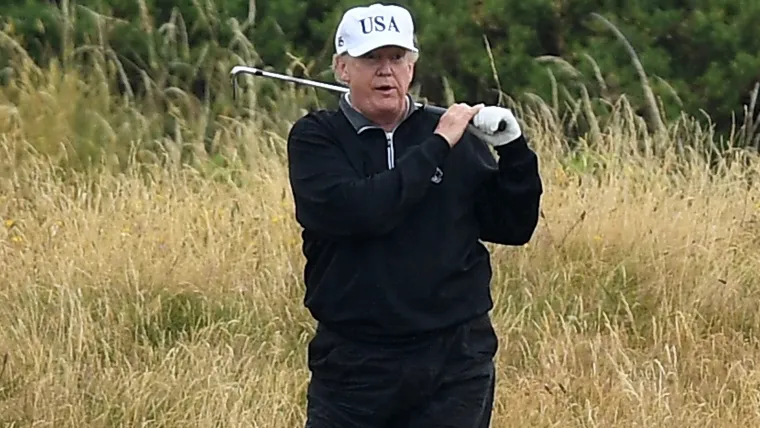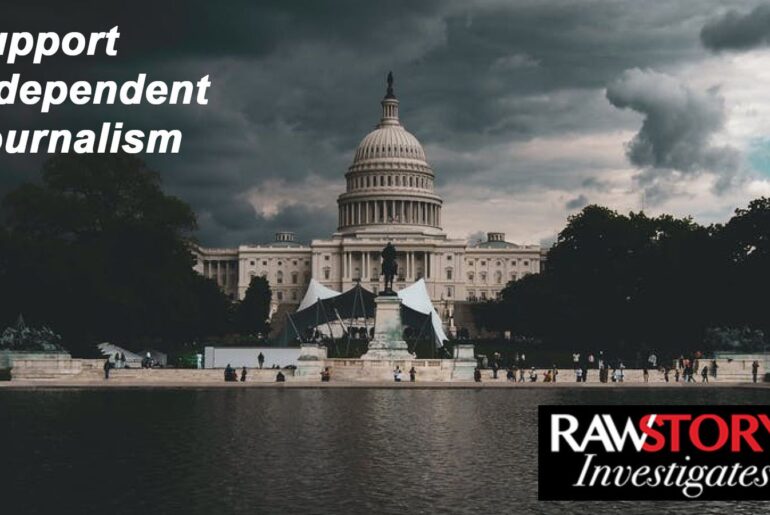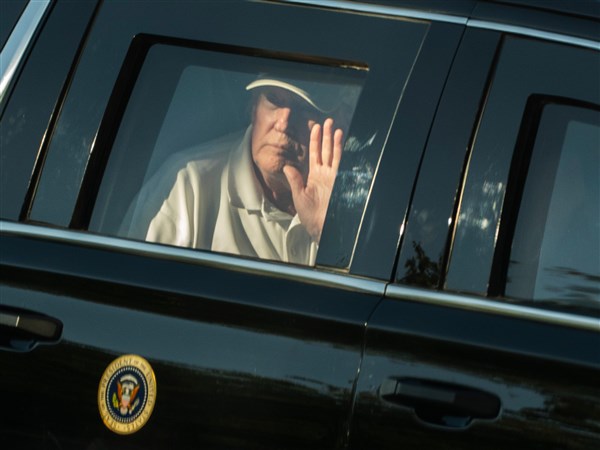In June 2026 – as the United States prepares to co-host the FIFA World Cup – the Ultimate Fighting Championship (UFC) will seize the global spotlight with a spectacle of its own: a historic mixed martial arts showdown on the White House lawn.
The iconic grounds will be transformed into a grand combat arena, complete with a custom-built octagon framed by gleaming spotlights, a massive arch, and towering jumbo screens. As night falls, the façade of the White House itself will be illuminated in red, white, and blue, creating a dramatic backdrop for what promises to be the culmination of U.S. President Donald Trump’s fusion of sports, politics, and spectacle.
The event, which will commemorate the 250th anniversary of the founding of the U.S., is no surprise given Trump’s longstanding relationship with the UFC, its current owner Ari Emanuel and its CEO Dana White.
Over the past few years, Trump has frequently attended UFC events, basking in the admiration of its young, predominantly male crowd. He has cultivated relationships with fighters, leveraging their support to portray himself as a symbolic strongman.
He has embraced the UFC’s culture of defiance, machismo and spectacle to help buttress his image as a rebel rallying against the establishment. It has also hastened the replacement of America’s conventional political culture with an abrasive new blend of entertainment and confrontational politics, perfectly embodied by Trump.
In many ways, the UFC and its leadership were instrumental in putting Trump back in the White House. This politically charged relationship served as the underlying inspiration for a Play the Game project which maps Trump’s relationship to sports and the sprawling cast of athletes, sports executives, media influencers, and politicians who helped bring his sports spectacles to life.
An unprecedent number of sports appearances for a president
In a series of articles, Play the Game traces Trump’s relationship with sports from his love of golf over his use of combat sports to build his personal brand to his tactical use of the 2026 FIFA World Cup to further his agenda of America First.
The series start by taking a close look at Trump’s use of sports both as politics and spectacle. Since returning to office in January 2025, Trump has attended an unprecedented number of sporting events for a sitting U.S. president. He has been to the Super Bowl; UFC fights in Miami and New Jersey; the Daytona 500; the NCAA Wrestling Championships in Philadelphia; the FIFA Club World Cup final at MetLife Stadium; the U.S. Open men’s tennis final; and the Ryder Cup golf tournament in September.
By appearing at these events, Trump is able to wield the nexus of sports, politics and entertainment to resonate with a wider part of the American public. And by hosting events such as the World Cup, the 2028 Olympic Games, and the UFC White House show, Trump can weaponise these global platforms to further his political agenda and present the facade of his presidential successes.
Nevertheless, Trump is unable to achieve this alone. Without the support of a wide network of sports executives, athletes, and politicians, Trump’s sports agenda would not exist, nor would he have likely been reelected to a second term in office.
Never has a U.S. president stepped so forcefully into the international sport arena – turning games into battlegrounds for power, culture, and the very principles of democracy. This project aims to shed light on the forces that made this possible.







